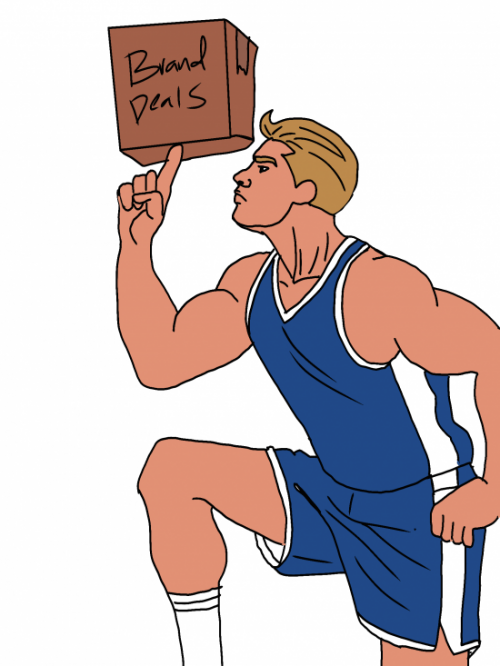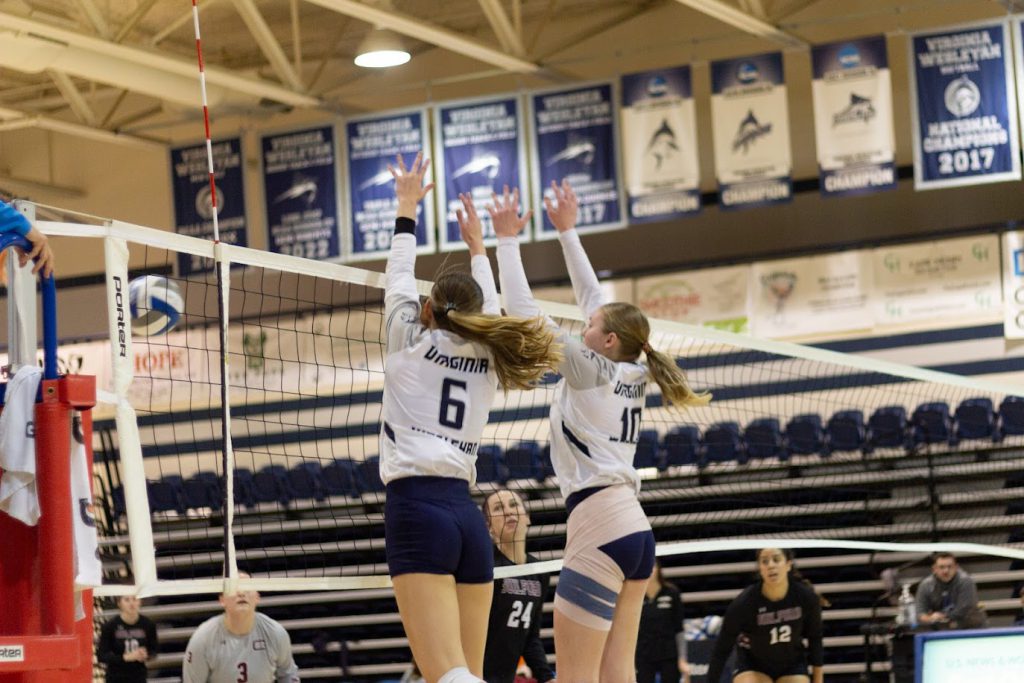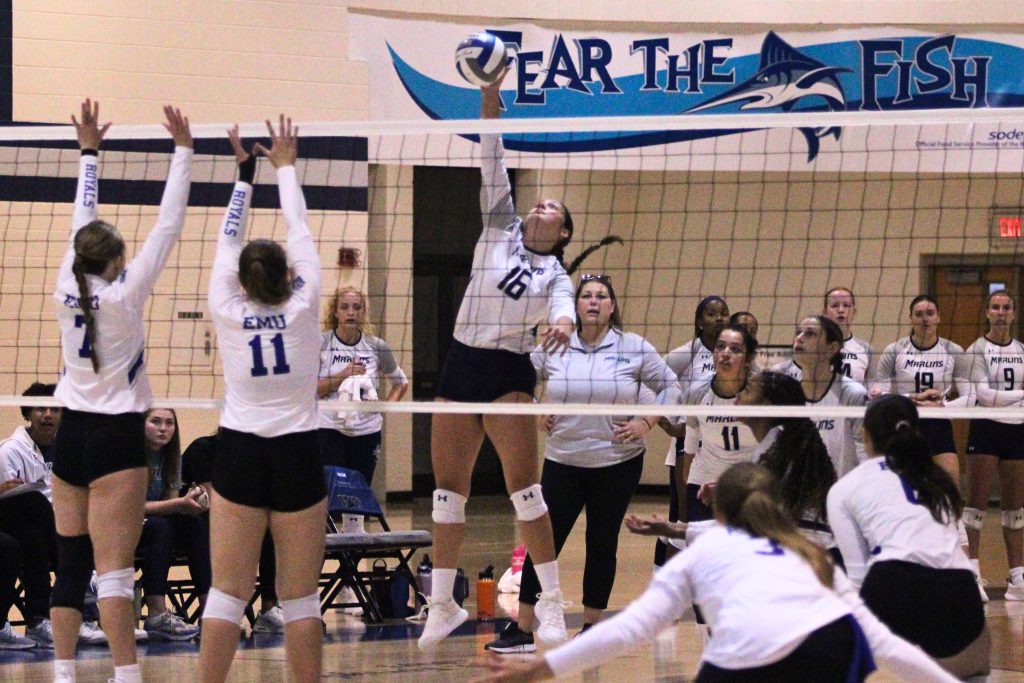Due to the creation of Name, Image and Likeness (NIL) back in 2021, athletes have been afforded the right to “monetize their personal brand and endorsements while participating in college sports,” according to NCA Sports. Consequently, big-name athletes have capitalized off of this policy, generating millions of dollars from their personal brand. Although not all athletes will have such experiences, the idea of NIL and its possibilities are still rewarding in any capacity.
At Virginia Wesleyan, however, very few athletes have taken advantage of this policy – that is until recently, according to Andrea Hoover, the executive director for Intercollegiate Athletics.
“Name, Image, and Likeness has grown some traction, and I think this is the opportunity that I have seen the most of our student-athletes that kind of took advantage of this opportunity.”
The opportunity Hoover referred to is the NextGen America Campaign. “Opendorse approached us, and so we passed that information along to the student-athletes,” Hoover said.
“This time they had a series of videos that they had to post for NextGen about voter registration and getting out to vote, and those videos had to be approved by that company, and then they were paid,” Hoover said.
Sophomore track and field athlete Zantia Durand is one of the many that have participated in this opportunity. According to Durand, student-athletes were required to have “at least 1000 followers on Instagram” to participate. If interested, athletes simply had to send the company an email to express their interest or apply through the app Opendorse.
Durand explained why she chose to participate. “I did it for the money, really, but it’s nice trying to help others make their voices heard.”
This was Durand’s first NIL deal despite its existence well before her freshman year. “I do not believe that we had any of this last year, and if we did it was not promoted at all to student-athletes,” she said.
Although opportunities were previously sparse, Hoover noted that they are becoming increasingly available thanks to companies such as Opendorse, Teamworks and Influxer. “You just are seeing more and more of these companies that are dedicated to Name, Image and Likeness, and working with schools and athletes on opportunities in that space,” Hoover said. “We’ve been doing research on them, just to kind of see what’s out there right so that we are educated on those opportunities.”
Durand expressed the importance of NIL deals such as this for athletes. “They give us opportunities to make connections with other companies and to have our own brand,” she said.
Sophomore track and field athlete Grace Harriman also noted the importance of the experience for not just her brand but also her interests.
“The NextGen America campaign was a perfect match for me because not only did I get money, but I got to promote my passion, political science. A lot of students don’t understand how important their vote is, so it was an incredible opportunity to push for a campaign that isn’t creating more polarization within politics that scares the youth away but rather encourages them to vote because it’s their right,” Harriman said.
With these positive effects of NIL also come some downsides. Some schools use the promise of NIL opportunities to recruit athletes. This issue is more prevalent at the Division I level; however, there is no guarantee that these effects will not trickle down to the Division III level. “I think that usually there is a trickle down of most things, and so I don’t know what it will look like in three to five years, but I know that we are seeing more action and movement in this space,” Hoover said.
Although the future of NIL and its effect on sports is unclear, as of right now, it has proven to be beneficial.
By: Sydnee Washington



